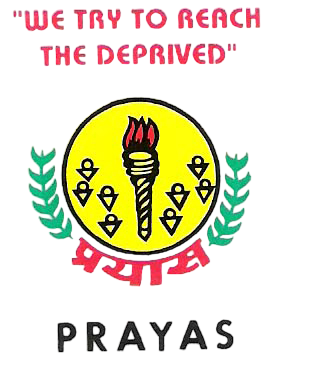Livelihood Development
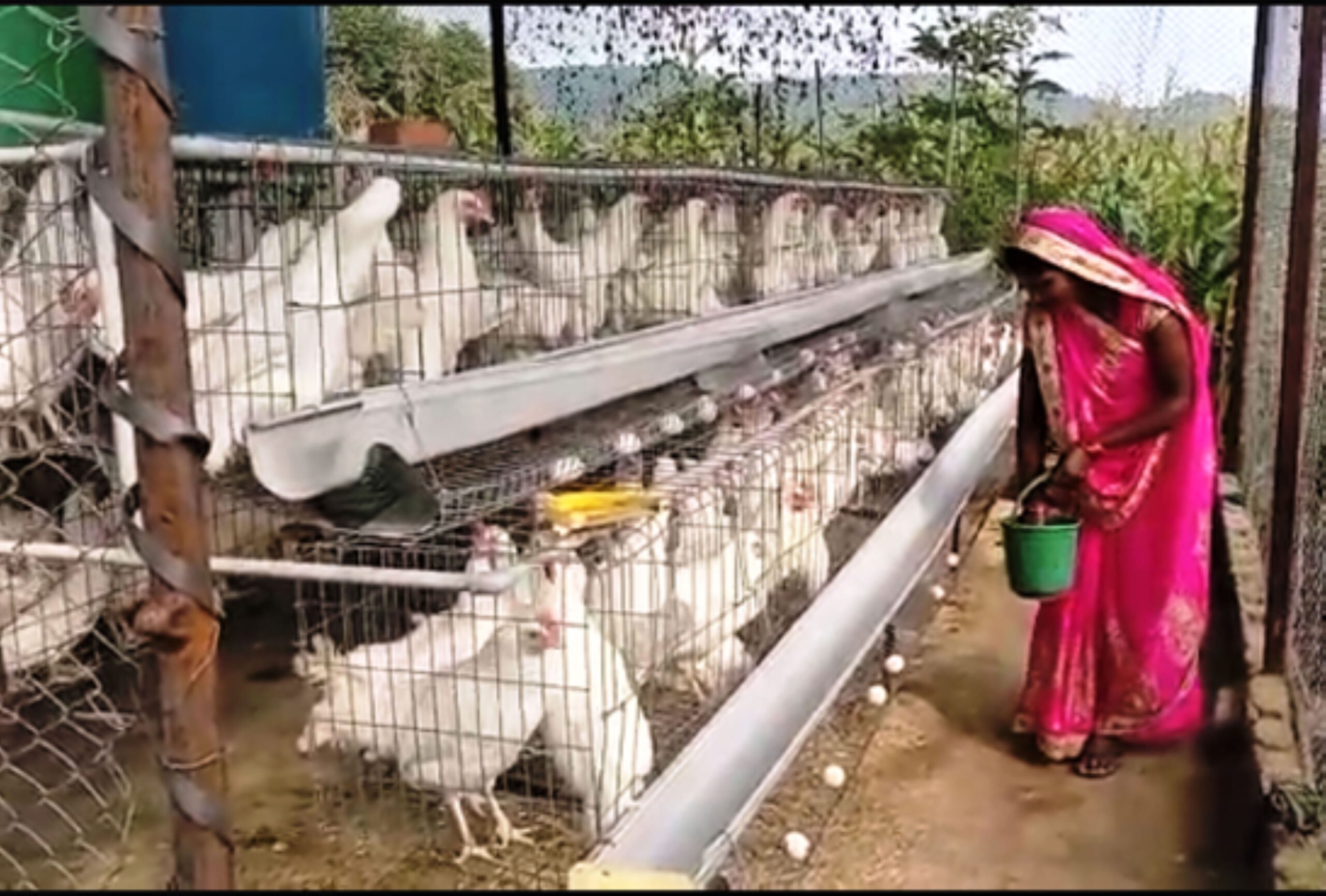
IDYWC has prioritized the development of the community's most vulnerable members ever since it was founded to establish sustainable livelihoods. Since its inception, IDYWC has placed a strong emphasis on the development of the most vulnerable people of the community in order to create sustainable livelihood systems that will allow the community to have year-round access to gainful employment, meet their basic needs, and expand their resource base. Over the years mechanisms like Village fund, Seed Bank, Grain Bank, Revolving Fund, etc., have been devised to provide sustainable means of income to the villagers. The availability of credit for both productive and consumption activities help families to tide over crisis periods. ... IDYWC is supporting main driving forces for economic growth and social development such as agriculture, small and medium enterprise development, and other non-farm activities. Substantial measures for developing the livelihood systems of the community have been initiated. The first significant input was agricultural training, demonstration and equipment for irrigation such as sprinklers, motor pumps and improved quality seeds.
SUSTAINABLE AGRICULTURE
Since agriculture is the primary source of income for the majority of rural families, it is important to think about rural development specifically in terms of agriculture. Agriculture is mainly the rainfed. In Kharif - Maize, Soyabean, Paddy, and Vegetables are grown. While in Rabbi - Wheat, Gram, Potatoes and Vegetables are grown. The focus is being provided on Enhancing agricultural productivity and farmer’s incomes, Food security through sustainable agriculture taking account of community-based and indigenous approaches to sustainable food production. Continuous monitoring and evaluation of food security and nutrition status in the villagers especially women and children are the major concern for project planning ...
Farmer Field School - In the working communities, a ‘Farmer Field School’ that serves as a hub for knowledge transmission is developed with 25 to 30 farmers.
Read more - ‘Farmer Field School’ acts as a centre for information dissemination are established with 25 to 30 farmers in the working villages of Junnardeo block, which organize front line demonstrations to display the benefits of new age agricultural practices promoted through the Mission Sunehra Kal programme. Simultaneously we work on reducing the environmental impact of agricultural production, programmes to improve soil fertility, environmentally sound agricultural pest control and improvements in water management in agriculture.
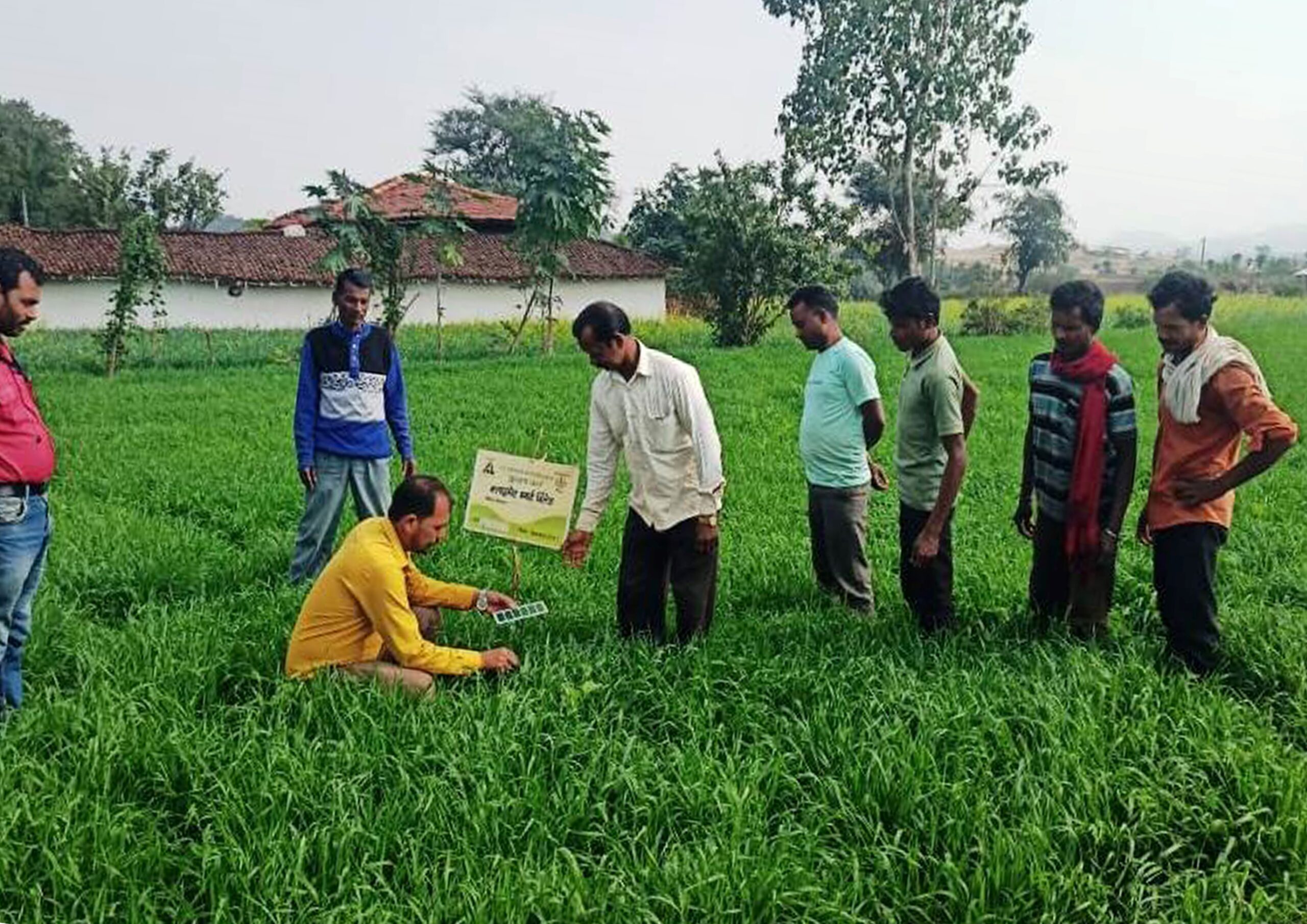
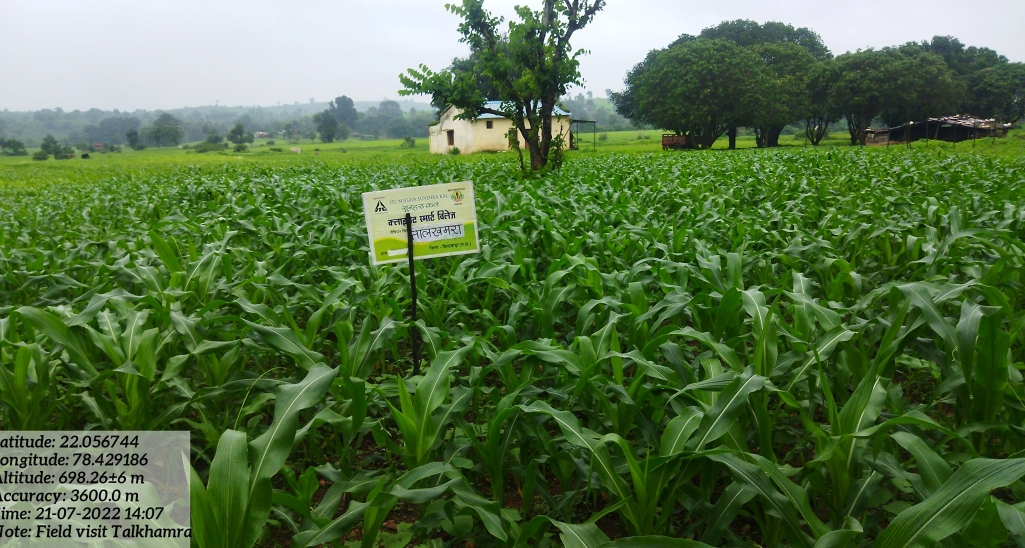
Setting up Climate Smart Village Program
The biggest environmental problems affecting agriculture in the project region are land degradation, water scarcity, and pest control. Hence, the IDYWC is implementing the Climate Smart Village Program Land degradation, water scarcity and pest control are the most significant environmental issues facing agriculture in the project area.The organization is implementing Climate Smart Village Prgramme in Chhindwara District. The program is being implemented in 72 villages of Jamai block and 20 villages of Harrai block. The programme aims to promote “Local and Tribal Community Resource Management Group for Adoption to Climate Change” and implement various activities through these groups. ... The intervention may involve Evaluation of Varieties, Manipulation of Agronomic practices, soil testing, water harvesting, shelter management or livestock, animal / poultry feed, vaccination, marketing, and other intervention to enhance tribal livelihoods by building following steps.
Improved seeds
... To make available seed of Maize, wheat, paddy, Moong and Urad to farmers on 50% subsidized rates.
Weather Smart:
... Circulating weather telecast to the farmers on whatsapp to make them aware of farming conditions.
Water Smart:
... Promoting crops based on climate conditions. Linked famers with ‘Pradhan Mantri Fasal Beema Yojna’ to compensate for the crop damages. Introduced SRI method of Paddy in 59 villages of Junnardeo and 14 villages of Harrai blocks of Chhindwara district.
Carbon/Nutrient Smart:
... oil testing is a crucial part to check the nutrient level in the soil. 200 Samples are tested from the area. Promotion of organic fertilizers from organic ingredients like, Vermivas, Amritjal, Jeeva-Amrit, Neemashastra, etc. and digging of FYM. Ensure availability of Lip colour cards to the farmers.
Knowledge Smart:
... “Knowledge is Power”. To improve the knowledge base and information level of people IDYWC focus on information dissemination through proper channels. “Krishak Sangoshti, Kisan-Sammelan (Get together), training and workshops for farmers on improved Agriculture techniques and equipments, vegetable growing, horticulture and animal husbandry organized time to time. Wall writing, signage, posters, leaflets, lectures, awareness rallies and public meetings are being used as a powerful weapon of awareness and knowledge building.
Organic farming
IDYWC began working with the farmers to promote organic farming in an effort to boost productivity and assist small holders with marketing. Promote organic farming to increase productivity and to help small holders in marketing, IDYWC started working with the farmers in Junnardeo block of Chhindwara district. The first and most important benefit of organic farming is a more sustainable impact on the environment around us due to the method used by farmers and second is poor farmers have easy access to healthy food grow naturally without the use of toxic pesticides available locally at low cost. Training and demonstrations were organized for knowledge. ... Trainings were imparted to farmers on organic farming with various topics like soil fertility management, principles and practices of organic farming, organic input production technologies, use of natural resources, post-harvest techniques etc. at farmer’s field. More than 5000 farmers are trained by IDYWC. Most of the organic inputs are being produced locally reducing dependence on external inputs. The most widely used organic manure is Vermi compost. A total of 4046 farmers in the operational area have started Vermi compost production units. Vermi compost produced is being used on their own fields. The remaining farmers used farmyard manures, enriched farmyard manures with biofertilizers for basal application. The total production capacity of the 4046 vermi compost production is 3599 tons per year. Majority of the farmers prepare Amrit-pani (an organic liquid pesticide) by using natural substances and Insect repellents whenever they needed. Organic farming helps conserve water. Organic farmers spend time amending soil correctly and using mulch - both of which help conserve water. No artificial colors, flavors or preservatives are allowed in organic food. “Cleaner food means cleaner diets which leads to a cleaner bill of health” with more awareness, the consumption of organic or naturally grown food has increased by the people of the working area.
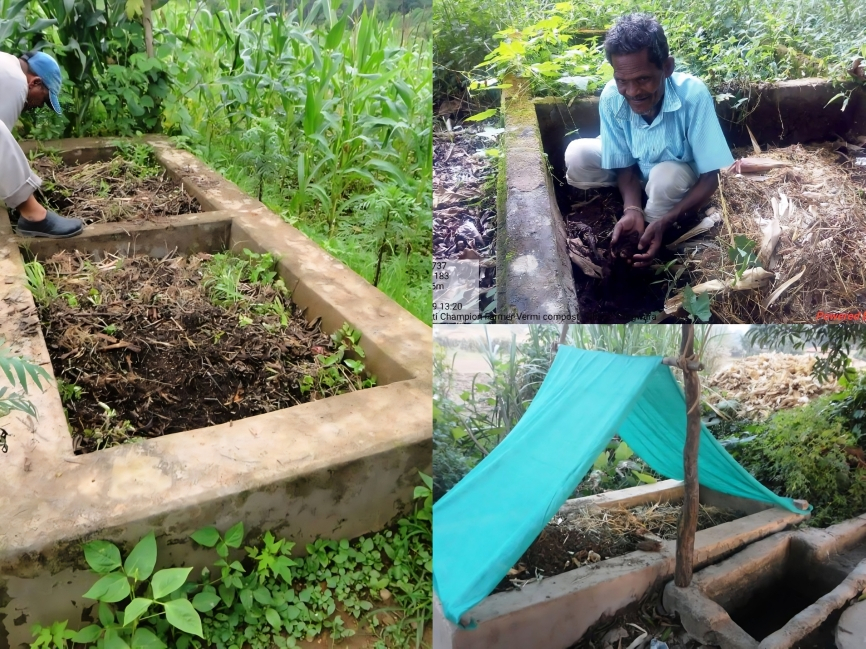
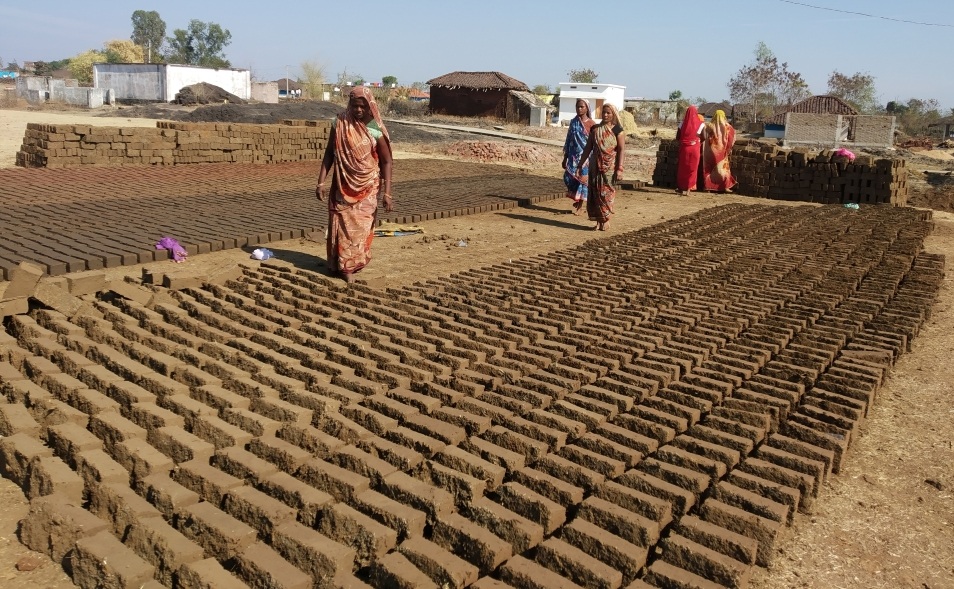
Micro Credit for Entrepreneurship Development
For avoiding circumstances of starvation and freedom from the moneylenders' predatory lending methods. The community level resources have largely been accumulated through the community contributions whereas the addition to the family assets/resources are created by making available credits for income generation activities, agriculture activities and emergency consumption situations. The cumulative impact of all these is envisioned as freedom from the exploitative money lending systems run by the moneylenders and evading hunger situations. 90 percent of the poor families of the target group who have the least ownership and control over resources and are more vulnerable. ... Timely credit at a low rate of interest has facilitated the process of change in their living condition. Loans are given as the Revolving Fund at 0 percent interest rates. The process of managing the development fund and the initiatives, the entire responsibility of disbursing the credit and taking the recovery back has been handed over to the Village Development Committee (VDC) formed by IDYWC. The kind of support providing by the organization to boost their agricultural economy has been in terms of capacity building of these agriculturists in making the optimum use of the resources available and facilitating the availability of the immediate needs viz. seeds, fertilizers, and agricultural implements. IDYWC provides support to families mainly for agricultural requirements and for emergency needs. It has supported poor families for well repairing, bullock loans, taking agriculture land on lease, purchase of electric motor pump, purchase of Sprinklers and PVC pipes for irrigation purpose, setting up provision store, marriage loan, house repairing, horticulture (inputs, irrigation, equipments), livestock (dairy, goatary, poultry, fodder development), Non-Timber Forest Produce (mainly Mahua, Chiraunjee), Off-Farm enterprises (provision stores)
PROMOTING SELF HELP GROUPS (SHGs)
Self-help groups (SHG) are village-based initiatives, where members regularly save up in order to start lending once the group has collected enough money. They are from homogenous economic and social backgrounds, and the common goal to pool their resources in order to fund common or individual projects, ensuring financial stability and repayment. Through the Self-Help Groups (SHGs), women have been provided access to the formal system of credit through banks with a sum of amount as “Seed Money”. With time, SHGs got recognition from banks so that they could borrow from banks once they gathered a base of their own capital. ... Till to date, more than 10,000 rural women of the operational area have been taking part to SHGs and engaged in Vegetable growing and selling, Horticulture, livestock development (dairy, goatary, poultry, fodder development), Non-Timber Forest Produce (mainly, Mahua and Chiraunjee), Off-Farm enterprises like provision stores. The process of facilitating development through SHGs is being continued as a very successful tool for empowerment and to uplift the livelihood of low-income householders, and also empower their social and political lives.
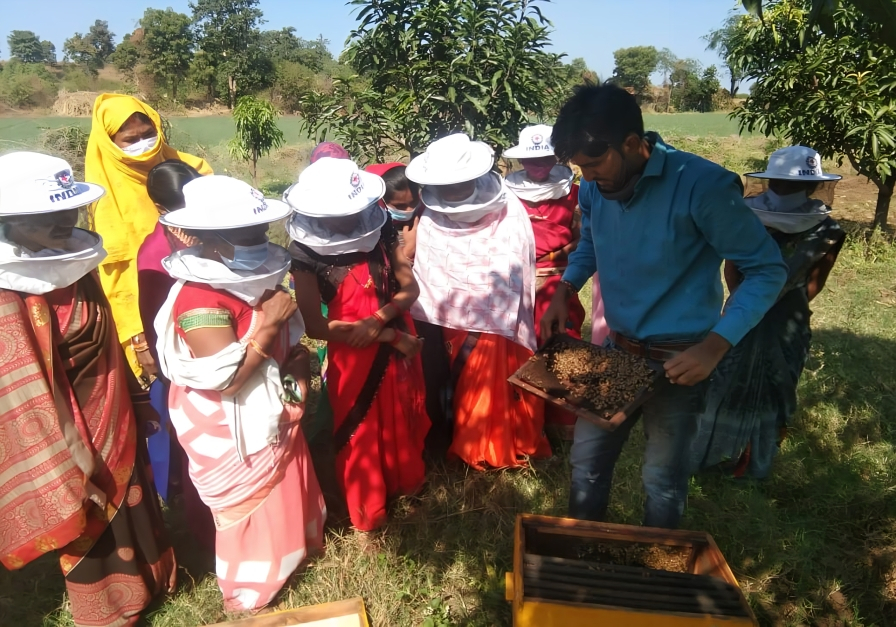
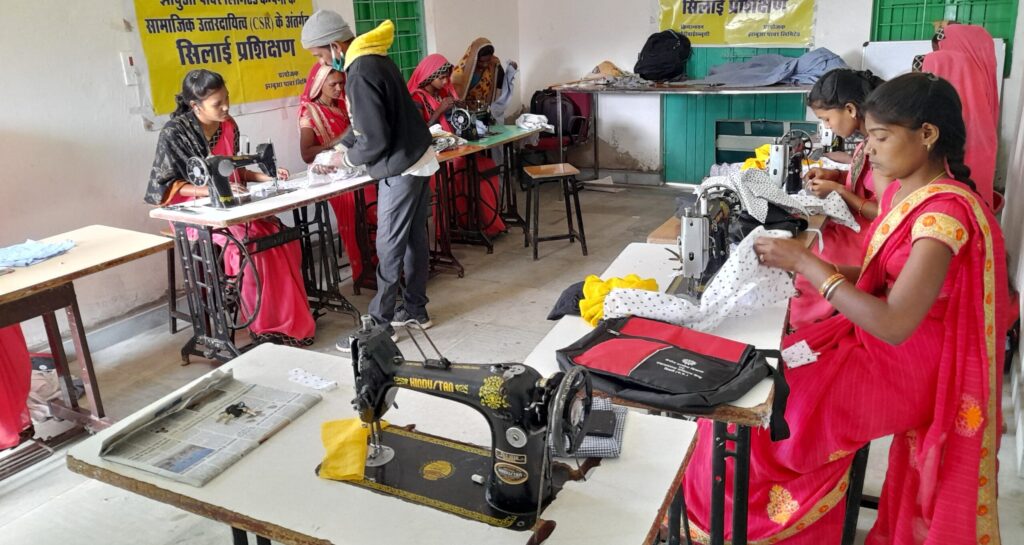
SKILL BUILDING FOR EMPLOYMENT
With multi-trade vocational training, deliberate and ongoing efforts are being made to increase the community's knowledge, abilities, and capacity in identifying appropriate livelihood solutions. Young people are in a vulnerable state in the labour market. Many of them lack the skills, work experience, job-search abilities and financial resources to find employment. Many of those who do have jobs work for long hours with low pay and little or no social protection Helping young people develop these skills makes economic sense. Conscious and sustained efforts made to develop the skills, capacities and knowledge of the community in identifying appropriate livelihood ...
interventions through multi-trade vocational trainings and initial support for setting up Income Generating Activities especially for adolescent girls and youth, managing it effectively and raising productivity levels and income potentials.
Efforts are also being made to prevent early dropouts, strengthen the link between education and training and the labour market and thus improve the employability of youth and disadvantaged youth, which includes:
Access to quality education that provides youth not only with technical and vocational but also core employability skills;
Promotion of work-based learning, counseling and career guidance and;
An active labour market programmes targeting vulnerable youth in particular.
